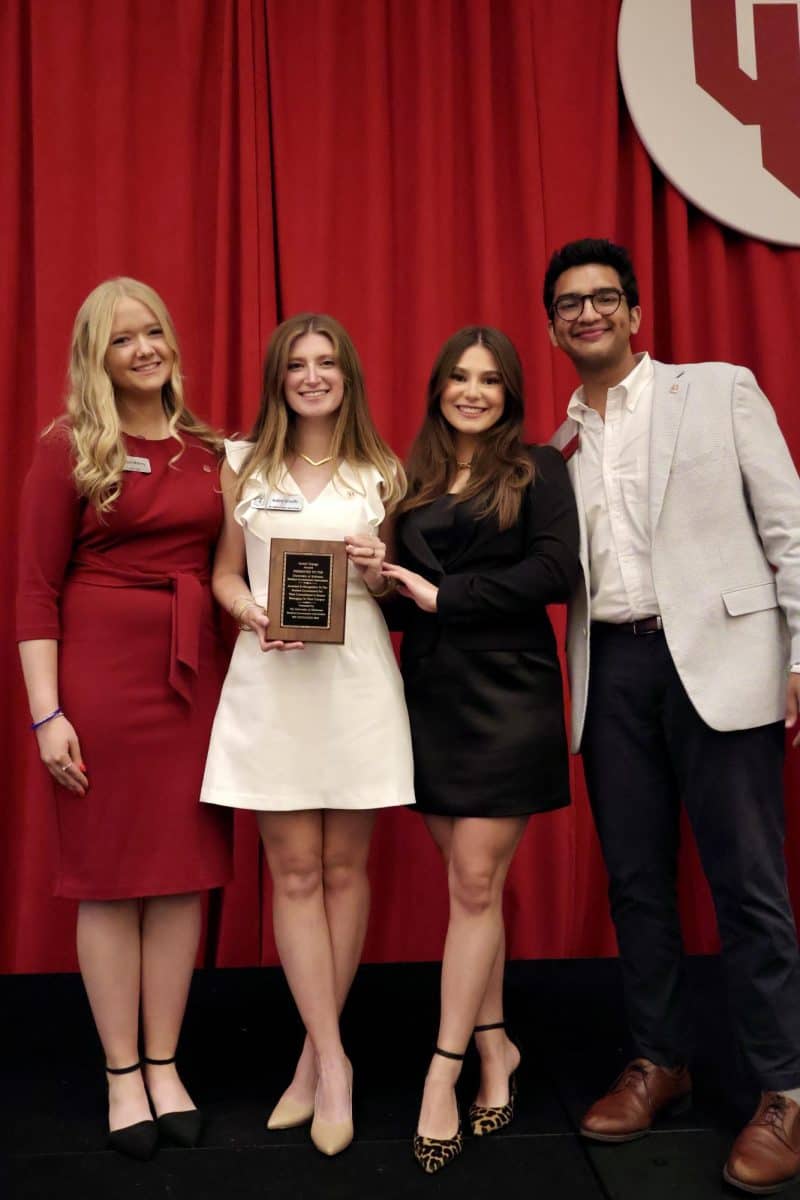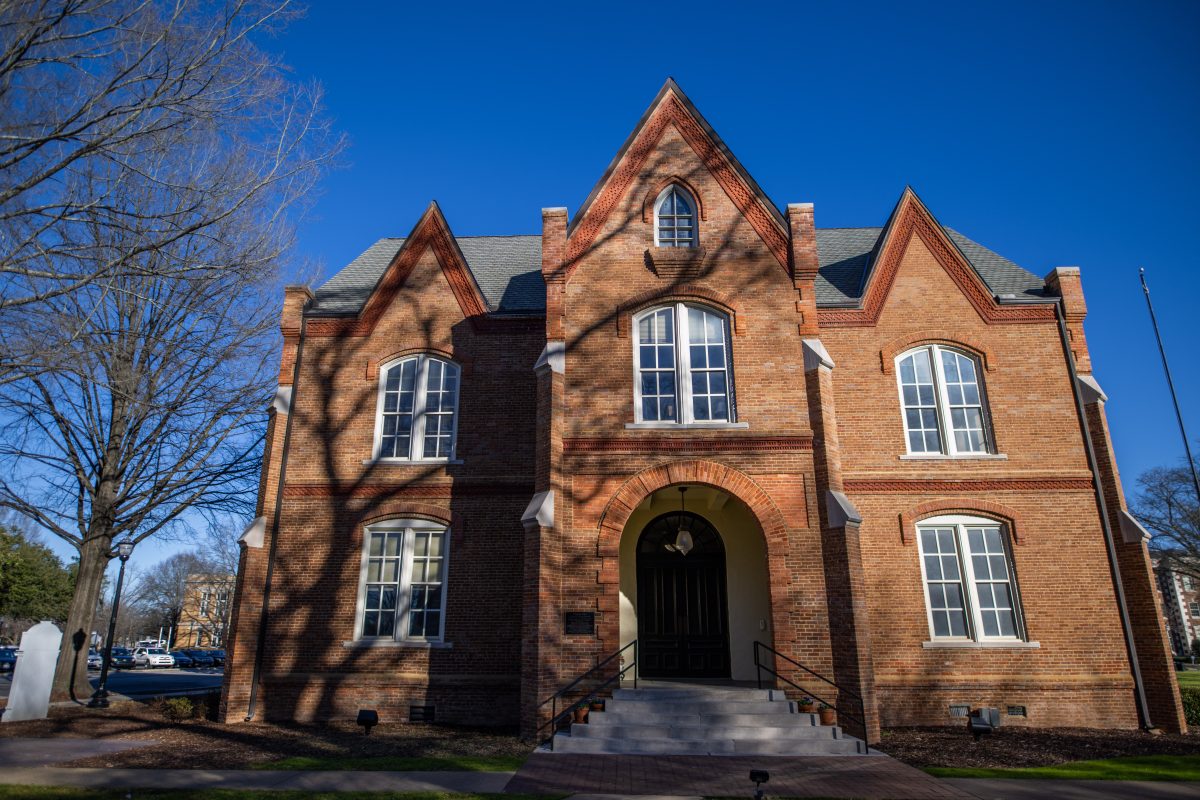In a twist on the typical discussion of battles and military strategy, Megan Kate Nelson, visiting assistant professor of history at Brown University, will deliver a lecture focusing on the space between the battles, looking at how soldiers in the Civil War lived and made their homes when they were not fighting.
The lecture “Home Sweet Home: Felling Trees and Building Camps during the American Civil War” is part of an ongoing series hosted by the Frances S. Summersell Center for the Study of the South, a research center based in the UA history department. The series commemorates the sesquicentennial of the Civil War, and each year since 2011 has focused on a particular element of the war. This year’s theme is death and destruction.
Nelson, author of “Ruin Nation: Destruction and the American Civil War,” concentrates on environmental and cultural aspects of the Civil War, a theme that is generally less apparent in the broad study of the 19th-century war.
(See also “UA professor links accents to Civil War“)
“I want people to leave thinking, ‘Wow, I never knew that before,’ because this is something that not a lot of Civil War historians talk about,” Nelson said. “Environmental history of the war is something sort of new.”
Nelson said she will specifically focus on the time of year between mid-November and mid-March and will look at the activities that occupied soldiers in their day-to-day lives. Nelson said she hopes to emphasize the fact that soldiers spent as much time making homes for themselves as they did making war against the enemy.
“We should pay a lot of attention to the actual battles that the soldiers engaged in because those are important. That is what war is about, armies fighting one another,” Nelson said. “But I also think war is much larger than that as an experience, so we have to consider what soldiers were doing when they weren’t fighting and when they weren’t marching. What were their lives actually like? If we truly want to understand the past, we have to find ways to engage with those experiences and try to understand them from the soldier’s point of view.”
She said college students would be able to relate to the idea of a home away from home and that there are many similarities that can be seen in the lives of soldiers.
(See also “Book explores role of religion in Civil War“)
“I think you’ll see a lot of parallels with Civil War soldiers who were doing the same kinds of things to make themselves comfortable in this situation that was very different from their ordinary lives or the lives that they had growing up,” Nelson said.
Nelson said she uses primarily visual culture to share the stories and experiences of soldiers, finding insight through photographs, newspaper illustrations and sketches sent by soldiers in their letters home. While she uses many of the standard sources, like letters, diaries and battle records, she said her use of visual sources is somewhat unusual and nontraditional.
Joshua Rothman, director of the Summersell Center and professor of history and African-American studies at the University, said many people thinking about the Civil War have an unrealistic visual of the event.
“I think that a fair number of people have a sense of the Civil War as this sort of romantic and glorious cause, whether Union or Confederacy,” Rothman said. “For the Union, they were fighting for emancipation or freedom; for the Condeferacy, people see them as fighting for Southern independence. Whatever it is, what they don’t come away with is the fact that the Civil War is not romantic. It’s not pretty. It’s not glorious. It is bloody and horrible and destructive, and that is a lesson about war that often gets lost among people who are really interested in military events.”
Nelson said she encourages anyone interested in the time period, military history or what soldiers do when they’re not fighting to attend.
The lecture will be held at 6 p.m. in Room 205 Gorgas Library on Wednesday and will be open to the public.
(See also “History professor recognized for Civil War book“)






